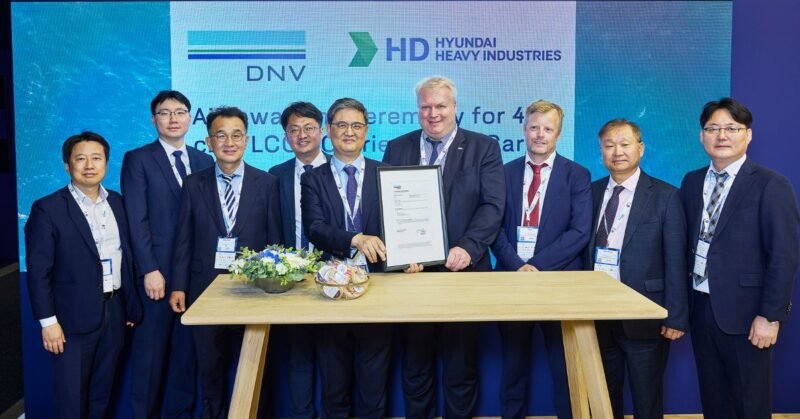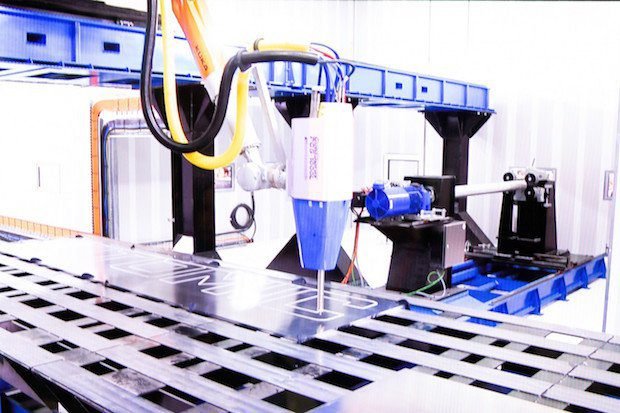Classification society DNV and Navigation Brilliance (Brinav) have signed a memorandum of understanding (MoU) to collaborate in accelerating the development and approval of autonomous and remote-controlled shipping technologies. This partnership signifies a broader collaboration effort between the two companies and is a strategic step towards realizing the potential of autonomous technology in the maritime industry. Brinav, a specialist in maritime autonomy and green technologies, is working towards obtaining Type Approvals for its situational awareness system and autonomous navigation, remote-control, and navigation assistance products, with DNV’s support.
The collaborative efforts between DNV and Brinav include developing assurance for novel technologies, utilizing a test area in Qingdao for autonomous ship testing, and supporting Brinav in obtaining approvals for autonomous functions in new-building projects. Jiang HaiYing, CEO of Brinav, highlighted the importance of close cooperation between autonomous navigation system developers and classification societies in the development of Maritime Autonomous Surface Ships (MASS). He emphasized the significance of verifying and approving the external situational awareness system as a crucial step in autonomous vessel operation.
Autonomous shipping, from remote control operation to fully unmanned vessels, represents a significant advancement in the maritime industry. The technology offers a wide range of benefits, including improved safety and reduced emissions. However, as autonomy becomes more prevalent in newbuilds and existing vessels, leading to increased connectivity and integration, new safety risks must be carefully considered. The collaboration between DNV and Brinav aims to address these challenges and drive the adoption of autonomous technologies in the maritime sector.


















